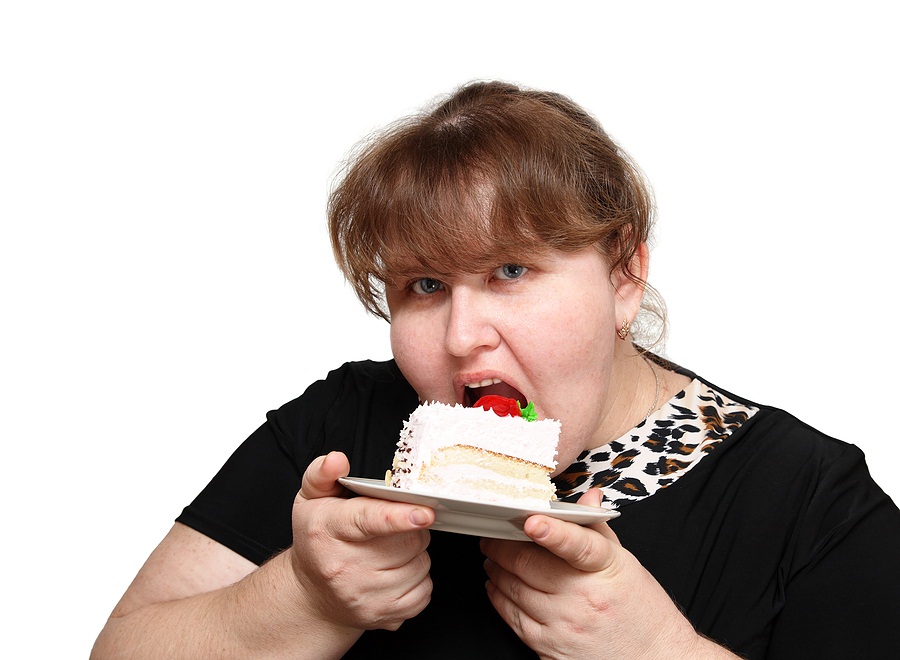We don’t always eat because of hunger, we sometimes eat due to boredom, to feel comfort, respect for those who offered food or eat to reward ourselves. Sometimes we eat due to emotions, and not the issue of satisfying hunger. Eating that has a close relationship to feelings are usually followed by guilt. “Why did I eat that slice of cake?” or “I finished the whole plate, I’m going to gain weight.” You feel guilty for eating and have a lingering feeling of overeating, making you feel worse than when you started.
Learning to identify your emotional eating habits and hunger is crucial to prevent emotional eating. What triggers you or what habits have made you break your healthy eating streak before?
There is a difference between eating a slice of cake for dessert and eating a whole box of chocolate when you’re feeling down. If you’ve ever experienced eating half a box of pizza because you were stressed out or finished the pint of ice cream after a fight with the Bae, then you’ve experienced emotional eating.
Emotional eating is about feeling better not filling your stomach, this habit can be really unhealthy and can cause health complication in the future. The first thing to do is to prevent this unhealthy cycle from being a regular occurrence every time you feel down, happy, or stressed.
Here are a few tips to prevent emotional eating:
1. Distinguish actual hunger from emotional eating before going anywhere near the pantry or kitchen. Sit down or close your eyes for a few minutes. Do you really hungry? Or are you craving for something sweet to fill your boredom? After a few minutes your mind will be able to distinguish emotional hunger from actual hunger.
2. If the first tip doesn’t work and emotional eating has been embedded in your unhealthy eating habit, then we have to figure out what your triggers are. Do you tend to overeat or have a sudden burst of cravings after a long hard day at work? Do feel like you need to eat 4 servings of Mac and cheese every time your parents nag you about your future? Finding out your triggers can prevent you from going to the emotional eating path. Instead of having the “I have to eat a pound of chocolate”, you can alter your mindset to “Today was stressful, I’m going to end up eating a pound of chocolate when I get home, and I need to prevent that.”
3. Emotional hunger unlike physical hunger usually craves food that is sugary and fatty. Keeping a low supply of these types of food in your home can prevent you from binge eating.
4. Find other ways to let your feeling out. Crying in front of the TV with a gallon of ice cream, crying to your favorite TV show can be therapeutic, but it can harm your health. Finding a more healthy way to let go of your emotions is important to curing emotional eating. Go for a long walk, listen to rock music, paint, write, scream, dance, do whatever makes you feel better except for unhealthy eating.
5. Learn to accept your emotions, everything dies down sooner or later. Instead of pushing your emotion away with food. Let yourself feel it, cry for that stupid boy, punch your pillow cursing at your boss or roll around your bed with boredom.
Stop using food as a coping mechanism, food isn’t there to comfort you when you’re tired, bored, stressed, lonely or angry. Food is there to enjoy and to fill our body with energy, but using food as a reward or pick me upper from time to time is not a bad thing; using it every time to reward yourself is.. Follow these tips to remove the unhealthy cycle of emotional eating and learn to handle emotions in a more healthy way.












